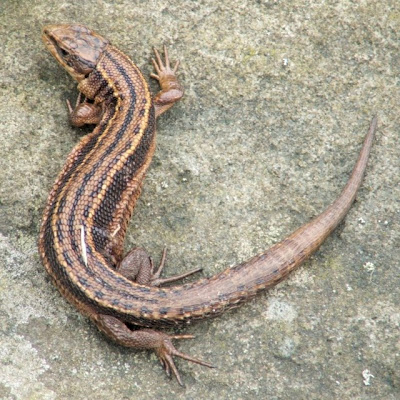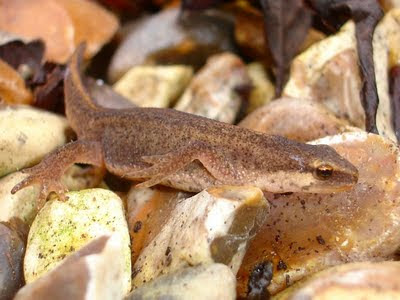On reception at the clinic all yesterday morning, with Patch, one of the cats I'm fostering fitted in at the end of the session. The abscess under her eye has healed up nicely, but unfortunately her skin condition is, if anything, worse than ever. She's now on steroids to try to clear up the inflammation and irritation and medicated baths to keep the skin clean and wash off allergens.
This morning I had an anxious call from on of our local "cat ladies", about a probable stray she's been feeding (shown in the picture). We're fairly certain that she's hyperthyroid and that someone has gone to the trouble of getting it diagnosed, because her throat has been shaved at the point where blood would be taken for the test. The major problem is that she doesn't seem to be going home at all, which is very bad news if she ought to be on medication for the condition. The vets were able to feel an enlarged thyroid, and she's got all the symptoms: extreme weight loss while eating ravenously, racing heart, thirst and excessive drinking.
Cycled over at 8 and collected her as the "least worst" option since if we take her in we do at least know for sure what's happening, while if we leave her where she is we've got no way of knowing whether or not she's returning home or getting any treatment at all. Hyperthyroidism is a common problem in elderly cats and is usually treatable with medication, but the longer a cat goes without treatment the greater the strain on her heart and kidneys.
To the charity shop at 11, but not a lot of customers due to the awful weather. This was compensated by lots of incoming donations of items to sell, including two enormous ones including loads of very good crockery, which should go well when the students return. The clothes donations included a bag of towels, which are very welcome with so many foster cats needing washable bedding.





